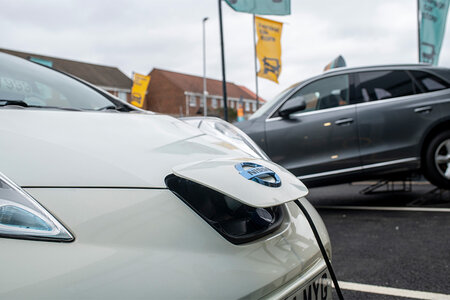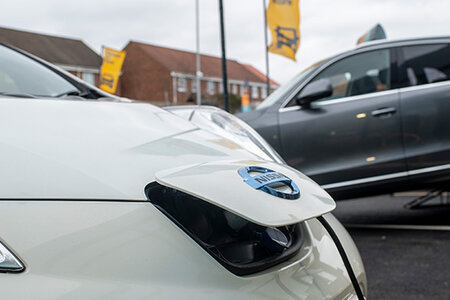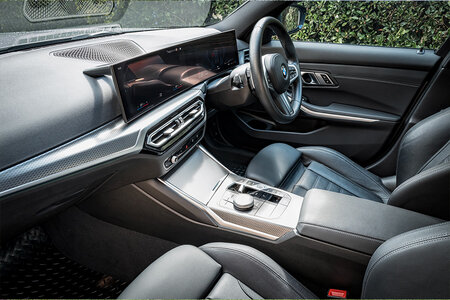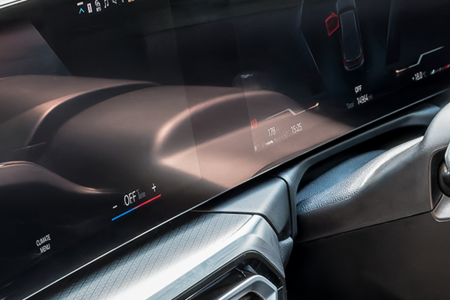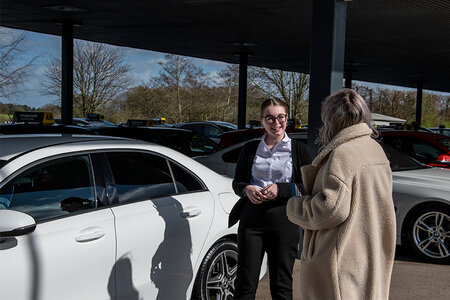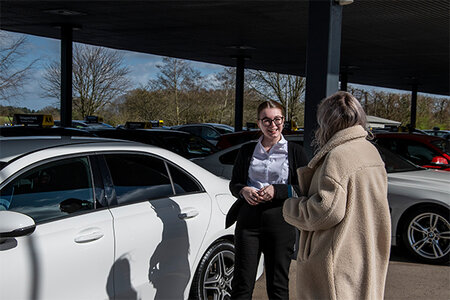A third (32%) of UK drivers are planning to buy an alternative fuelled vehicle (AFV) as their next car purchase, according to the Britain Under the Bonnet report from Close Brothers Motor Finance.
According to the research, drivers are continuing to shy away from traditional fuel types, with a fifth (21%) planning on buying a hybrid car, and one in ten (11%) opting for electric.
Despite electric surging in popularity, petrol remains the most popular choice of fuel type, with 37% of drivers planning to buy a petrol car next, but this has notably dropped from 42% last year, showing dwindling demand. And just one in ten (12%) would opt for a diesel car, as the demonisation of diesel continues taking effect.
The research also found that more men than women are planning to buy an AFV (38% compared to 26%), and younger buyers are more likely to buy AFVs than their elder counterparts, with nearly half (48%) of 19-21 year olds, compared to a quarter (26%) of 46-55 year olds.
When it comes to regional divisions, those in cities are far more likely to buy an AFV next (38%), compared to 30% in towns and 28% in villages. This disparity reflects the importance of infrastructure, with cities seen as being better equipped to support AFVs than more rural areas in the UK where infrastructure, such as charging networks, are more limited.
Drivers who have already adopted an AFV are unlikely to go back to traditional fuel types since making the switch. More than nine in ten (93%) drivers who have an AFV would buy another next time around. And 16% of hybrid drivers are planning on switching to electric.
Looking at the reasons why drivers would choose an AFV, environmental concerns are leading the shift. 28% of those considering buying an AFV would do so because they’re more environmentally friendly, a slight increase from 26% last year. Nearly a fifth (18%) would consider buying an AFV because they’re cheaper to run, and 7% because they deliver a better driving experience.
For the unconverted, the initial cost of an AFV is biggest concern, with 28% naming it as the reason they’re not considering buying - up from 24% last year. But, concerns around driving range and whether the technology is ready have both fallen, from 23% to 19% and 25% to 17% respectively.
Seán Kemple, Managing Director at Close Brothers Motor Finance commented: “At the start of the year, it looked like the shift to AFVs would be one of the biggest trends for the motor industry in 2020. Ambitious targets set by the Government to achieve zero-emissions streets put the wheels in motion for a greener future. And the demand is clearly there too. While petrol still comes out on top as the nation’s chosen fuel type, AFVs are picking up the pace as people look for more environmentally friendly choices and cheaper running costs.
“But in recent months, the shift to electric has been deprioritised for car dealers as they were forced to shut down shop in the wake of the Covid-19 crisis. While the sector is bouncing back, dealers are now focused on getting buyers the keys to their next car and adapting to a very different retail environment. But the coming months are also an opportunity for the industry to build back better, a part of which will be building back, but greener. As people are continuing to turn away from public transport and look for alternative ways to travel, the car market is seeing a boost. Coupled with growing environmental consciousness and a looming diesel ban, demand for AFVs is likely to continue rising, and dealers have a chance to capitalise on this. Government support will also be vital in shaping the recovery of the sector and develop infrastructure to facilitate the shift the electric.”



